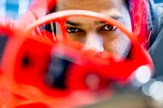How Northeastern students in London used AI to help a green tech startup enhance energy efficiency
The bosses of measurable.energy, a firm that uses machine learning to save power, said Northeastern students provided ‘really great ideas.’
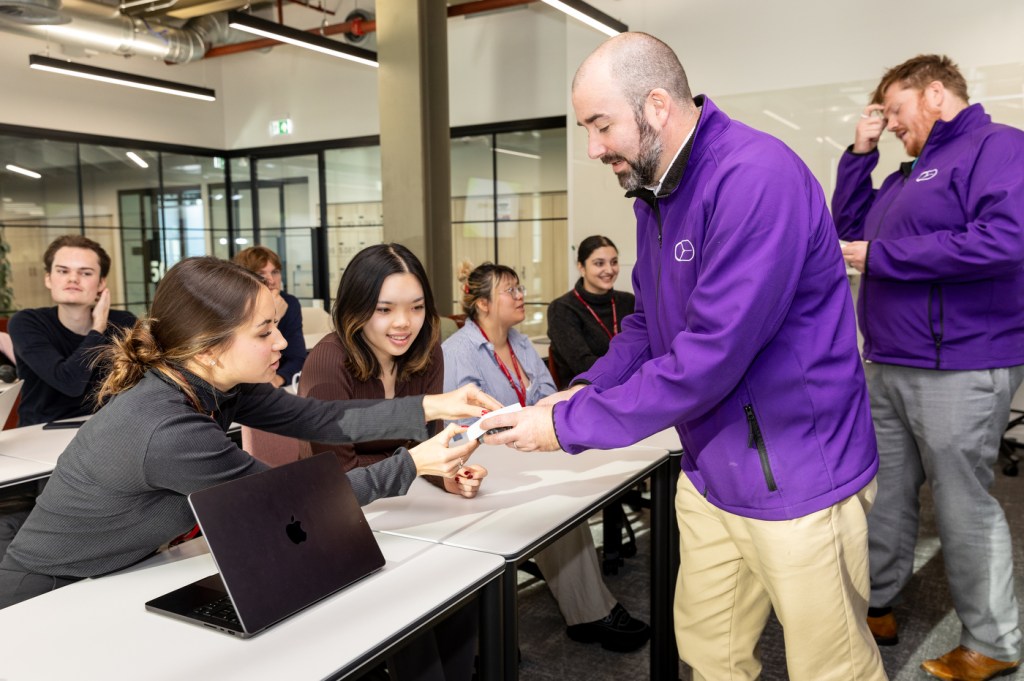
LONDON — Northeastern University students have been helping a U.K.-based sustainability startup hone its power-saving technology.
Undergraduates on the London campus have been assisting measurable.energy with market research to help the firm understand how its machine learning power plug sockets are used by clients.
The sockets utilize artificial intelligence to recognize a building’s electronic devices, monitor their energy consumption and automatically switch them off when they are not needed.
That information is then sent to an online dashboard where users can log in to access reports on energy use and CO2 emissions. The firm aims to save businesses at least 20% off their energy bills by utilizing its technology.
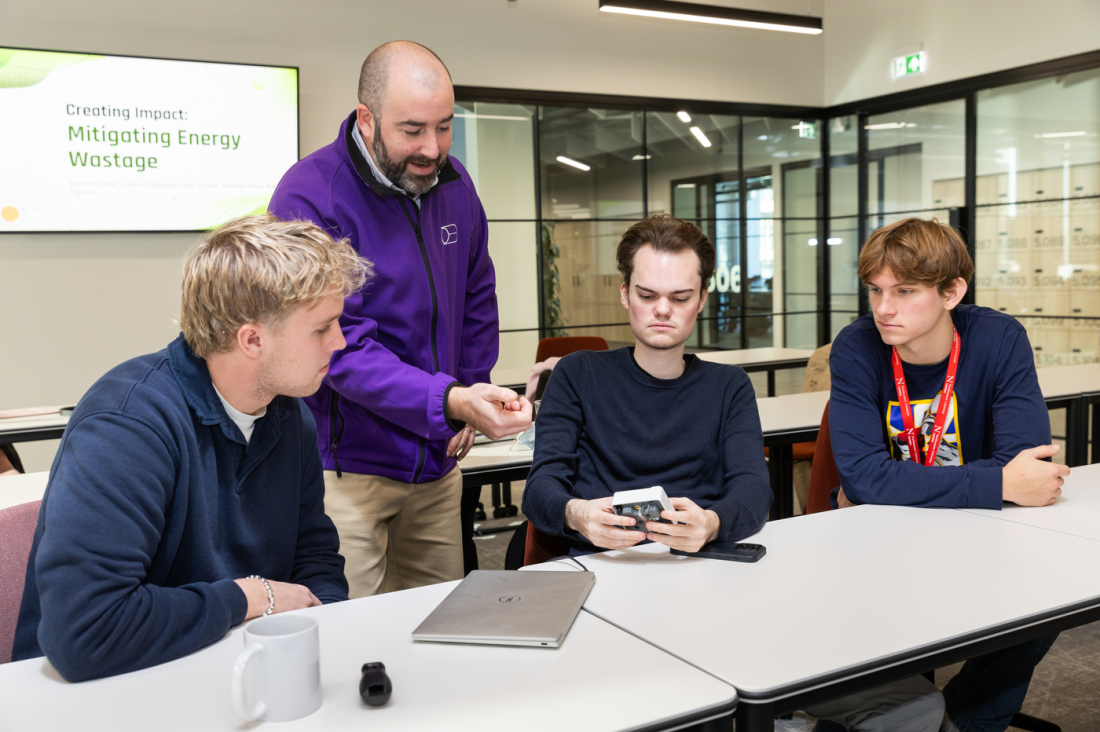

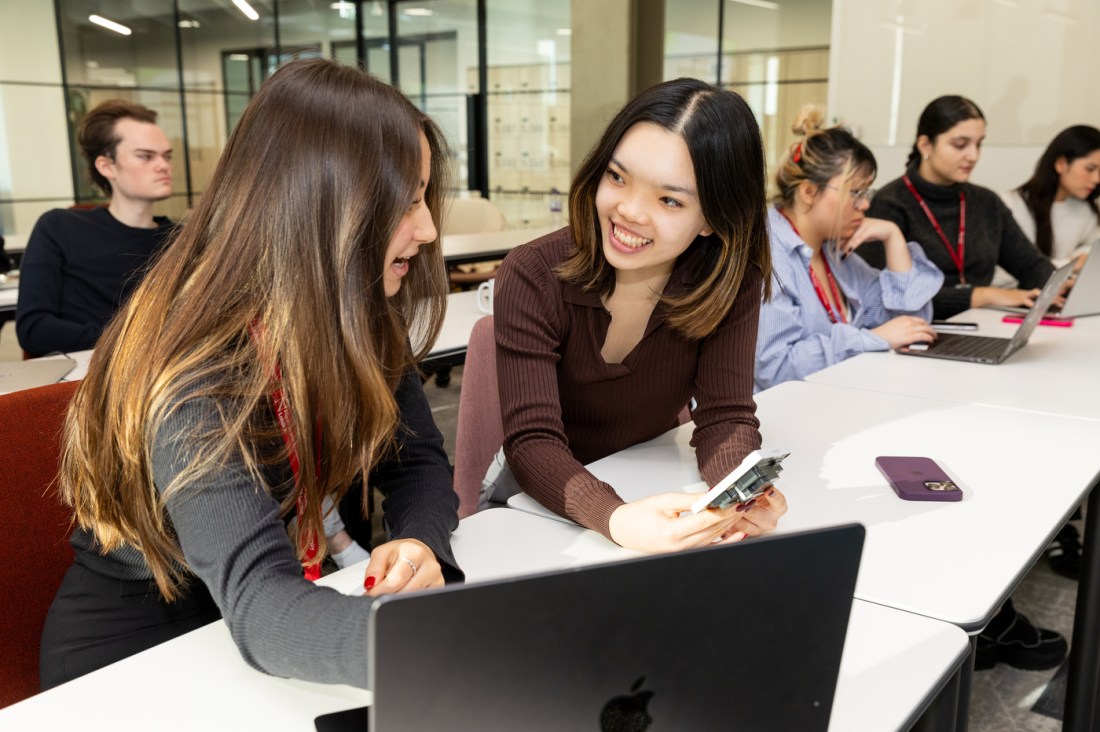
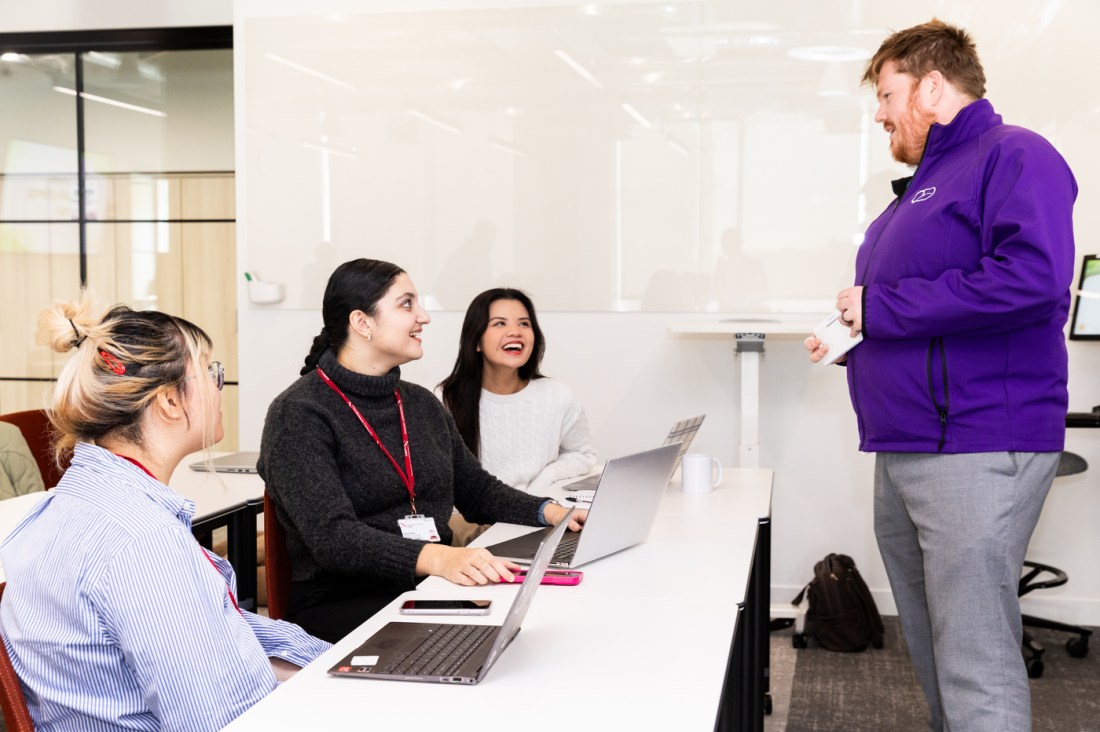
Chief technology officer Josh Eadie said the company, which in October announced it had secured a £4 million ($5 million) tranche of new investment, had “absolutely” come away with ideas from the students for improving its offering.
As part of the Creating Impact: Experiential Project course during the fall semester, Northeastern students in London had the opportunity to review measurable.energy’s data, conduct market research and pitch possible solutions to the energy challenges faced by the company.
Eadie said the company’s platform currently “relies on people logging in or receiving reports” about how much their technology is saving them in terms of their electricity bills. He said Northeastern students had suggested a “more intuitive way” of passing on that information.
“One thing that we are challenged with on a regular basis,” Eadie said, “is communicating what we are doing in the buildings where we are installed.
“There have been some really great ideas from the students about how to effectively [communicate] the savings to people.”
Dan Williams, the chief executive officer, said it was those kinds of ideas that had been behind the decision to act as a partner to Northeastern on the course.
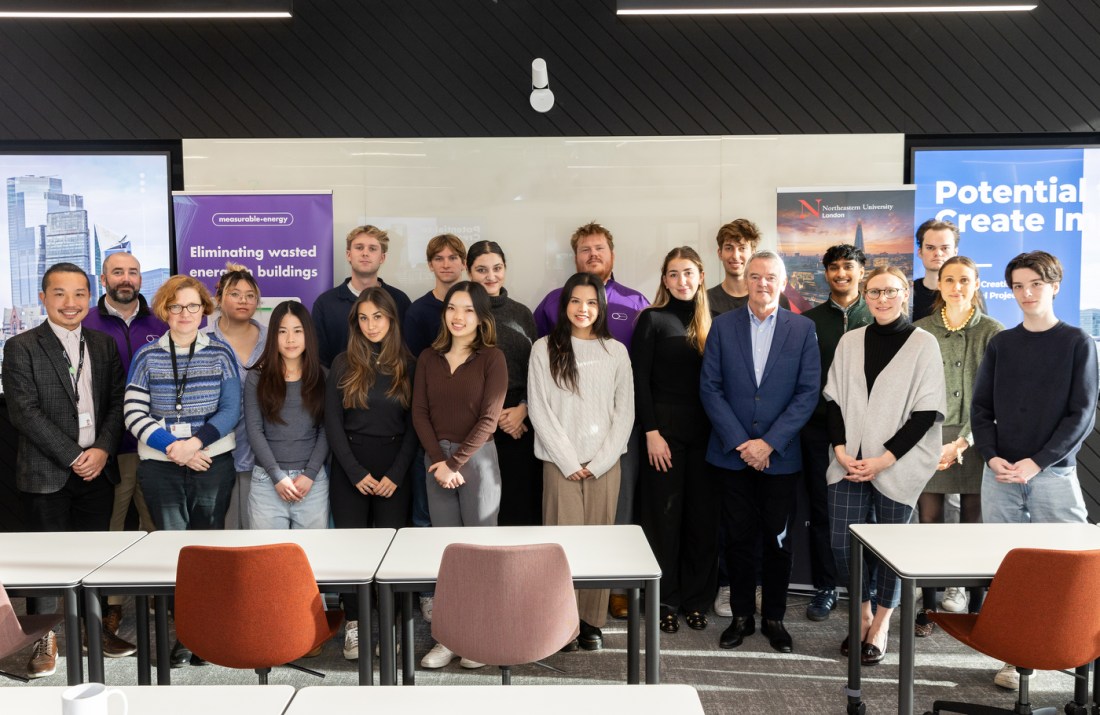
“We’ve always been based in research and academia and new ways of thinking and innovative ways of thinking, so we were really keen to partner with a university that could help us keep doing that and help us grow as a company,” he said.
Jack Van Dale, a second-year business student, said the experiential learning project had been a “really good opportunity to engage with an external partner.”
“It was a chance to get real-world experience as well as learn about it in an academic way at the same time, so it was a mixture of both — I think that kind of opportunity is quite rare,” he added.
Data science major Kate Nguyen said working with measurable.energy had been “great for work experience.”
Editor’s Picks
“I’ve met people in industry and it has been a good chance to network,” Nguyen said. “But it has also been about knowing that you’re tackling a real-world problem. This has been a great opportunity to hone those skills before graduating.”
For some students taking part in the course, the ability to get to grips with an industry challenge widened their perspective on career avenues after leaving higher education.
“This course has definitely opened my eyes to wanting to go into green tech,” business major Meriam Chebil said.
“There is a lot of focus now regarding business that has to do with sustainability, and this has opened my eyes to see what products are on the market and what could be done to be more innovative in the future. And I think that, going forward, I would probably want to go into that field to some degree.”
Williams said that, from measurable.energy’s point of view, a job candidate with real-world experience was a huge bonus when looking for new recruits.
In fact, he went so far as to state that he would “always prioritize” someone with experience on their resume over a graduate without.
“Experience is really important to us,” he explained. “We are recruiting graduates coming from universities and we’re already seeing that if they don’t have experience in industry — even just this light touch kind of experience — then it can be quite a struggle.”








